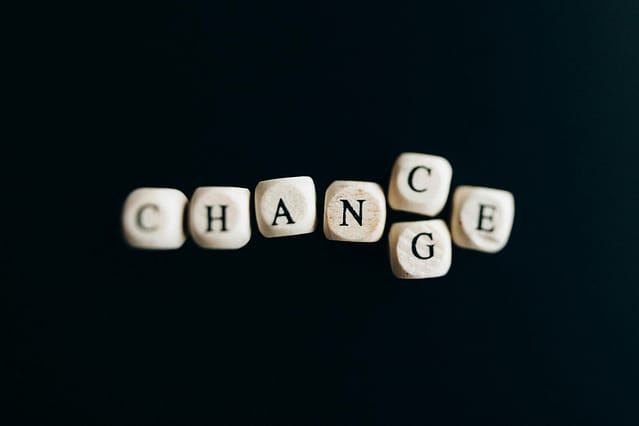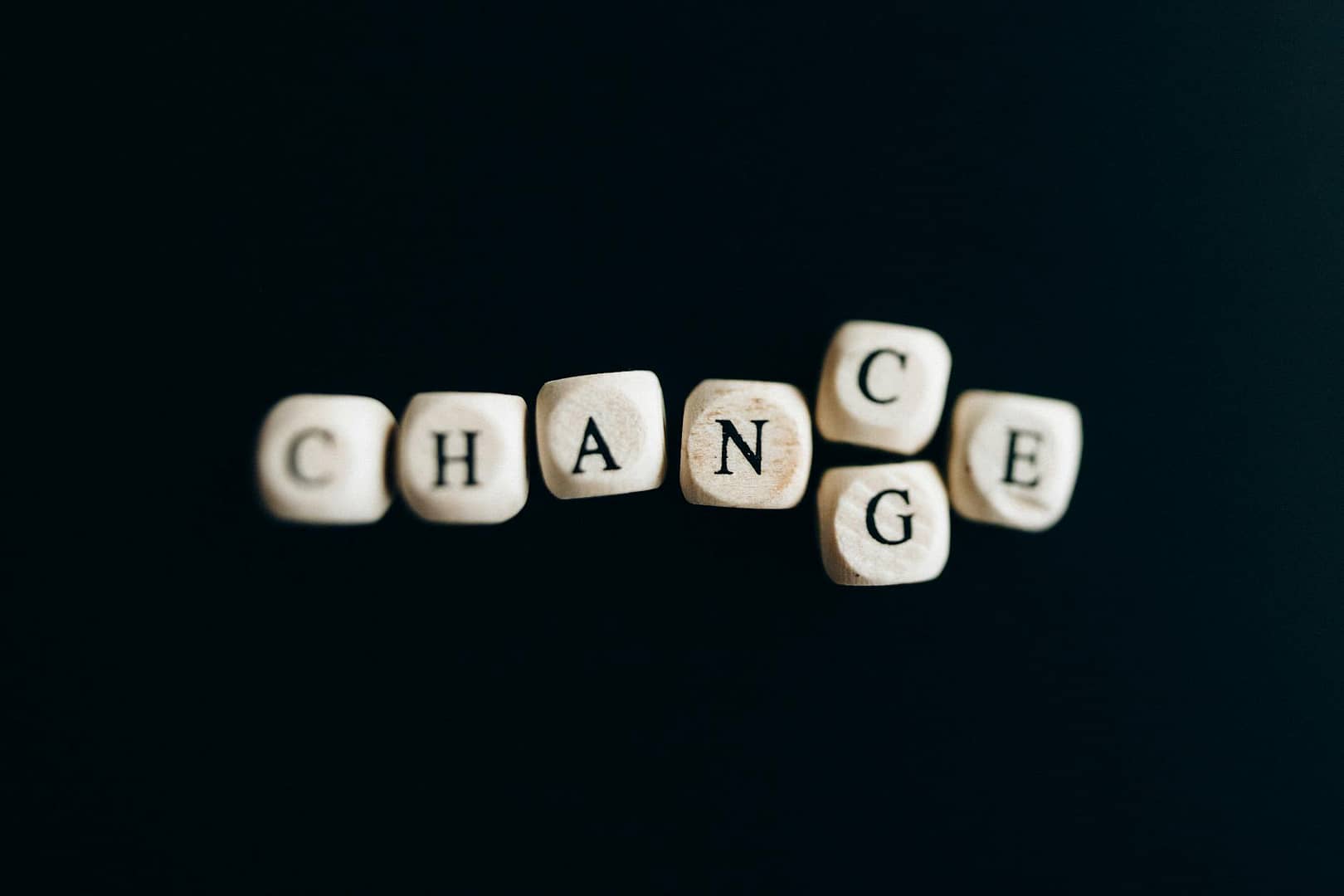We’ve all been there. Someone delivers criticism that feels unfair, shares unexpected bad news, or says something that hits a nerve. In that heated moment, our emotions surge, and we feel an overwhelming urge to respond immediately—whether it’s firing back with equal intensity or rushing to fix a situation. But what if I told you that the space between trigger and response holds the key to better outcomes?
The Cost of Quick Reactions
Think back to the last time you reacted without thinking. Maybe you snapped at a colleague’s poorly timed feedback or sent that heated email you later regretted. Our instantaneous reactions often stem from emotion rather than wisdom, and while they might provide momentary relief, they frequently leave us dealing with complicated aftermath.
When we match anger with anger or defensiveness with defensiveness, we’re not just participating in negativity—we’re amplifying it. It’s like adding fuel to a fire that’s already burning too hot. These knee-jerk responses can damage relationships, escalate conflicts, and leave us with that all-too-familiar feeling of “I wish I hadn’t said that.”
The Revolutionary Act of Pausing
Here’s where things get interesting: the simple act of pausing can completely transform our interactions. It’s not about suppressing our natural responses or pretending we’re not affected. Instead, it’s about creating a tiny window of opportunity between the trigger and our response—a space where wisdom can enter.
But how do we actually do this? Here’s what works for me:
- When you feel that familiar surge of emotion, take one conscious breath. Just one.
- Ground yourself in the present moment—feel your feet on the floor, notice the temperature of the air, observe the subtle sounds around you.
- Ask yourself: “What’s really needed here?” Not what your immediate emotional response is pushing for, but what would truly serve the situation.
From Reaction to Response
This shift from reaction to response might seem subtle, but its effects can be profound. When we pause, we:
- Give our rational mind time to catch up with our emotional impulses
- Allow space to consider the other person’s perspective
- Create an opportunity for more thoughtful, constructive dialogue
- Reduce the likelihood of saying something we’ll later regret
The Real-World Challenge
Of course, some situations demand quick responses. Life doesn’t always grant us the luxury of extended reflection. But even in these moments, a half-second pause and a single conscious breath can make a remarkable difference in how we show up.
Moving Forward
The next time you feel triggered, consider it an invitation to practice this approach. Notice the urge to react immediately, and see if you can create just a tiny bit of space between the trigger and your response. In that space, take one conscious breath. Feel your physical presence in the moment. Then listen for what wants to emerge from a place of greater wisdom.
You might be surprised to discover that beyond our automatic reactions lies a realm of more creative and constructive responses—ones that can transform conflicts into conversations and turn challenging moments into opportunities for deeper understanding.
Remember: The pause is not about suppression; it’s about creating space for something new to emerge. And in that space, we often find exactly what the situation needs.
What automatic reactions do you struggle with most? How might taking a conscious pause change the outcome of your challenging interactions?
Share your thoughts and experiences in the comments below.
This post was originally inspired by reflections on mindful responses in challenging situations. If you found this helpful, please share it with others who might benefit from the practice of conscious pausing.




